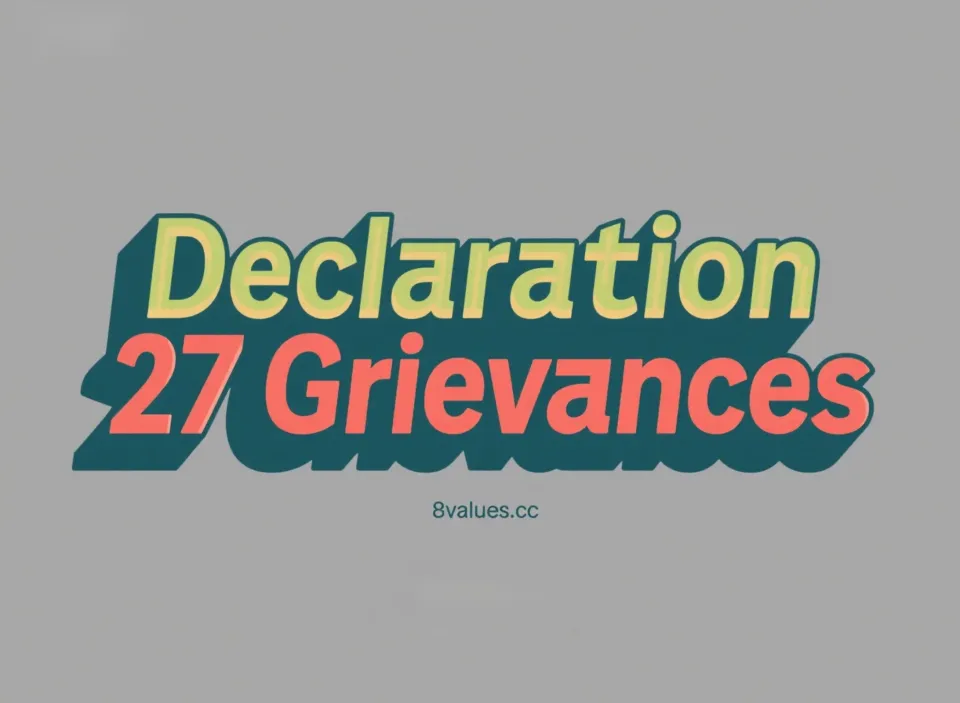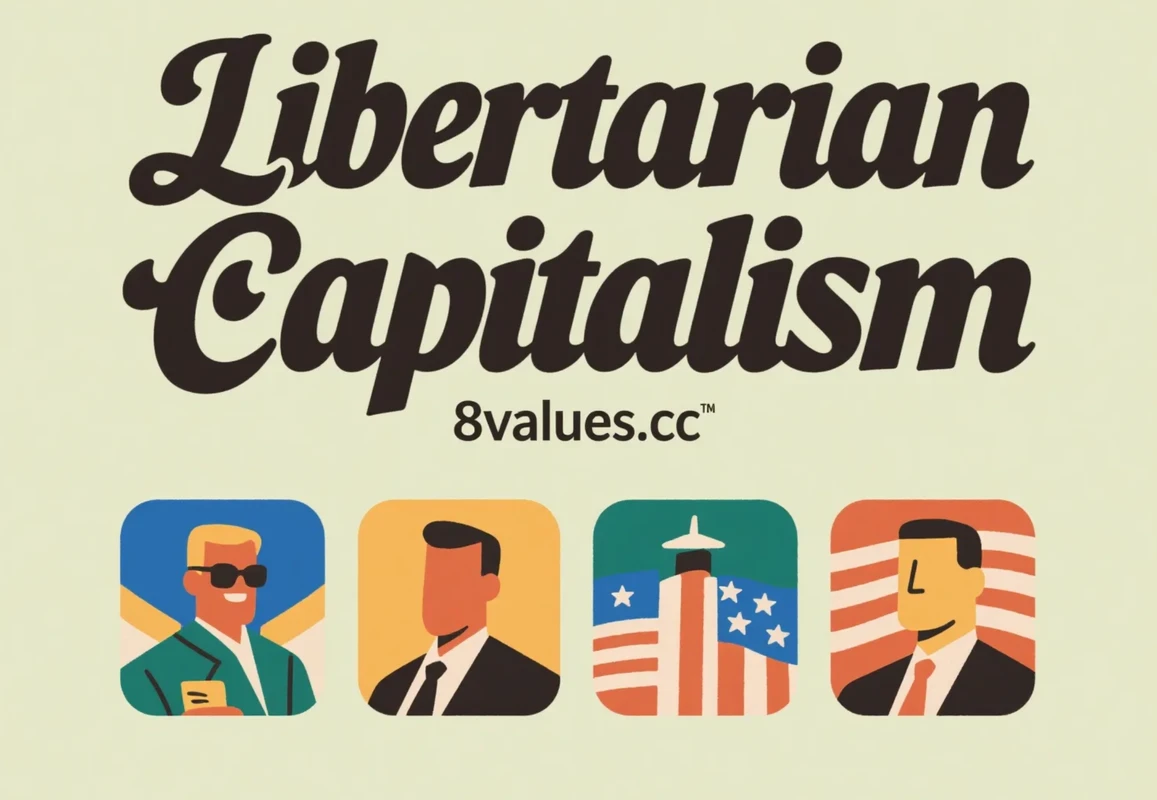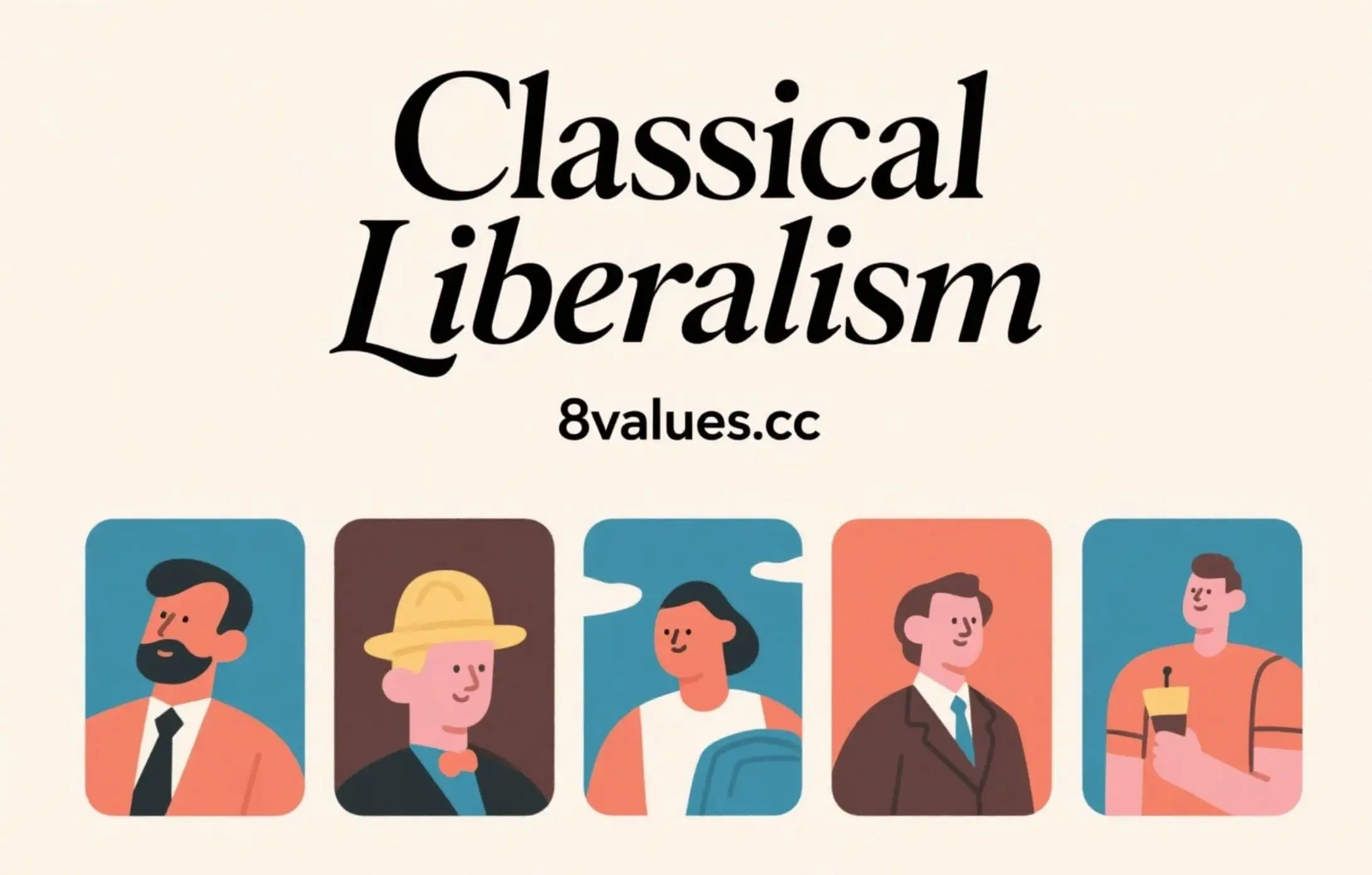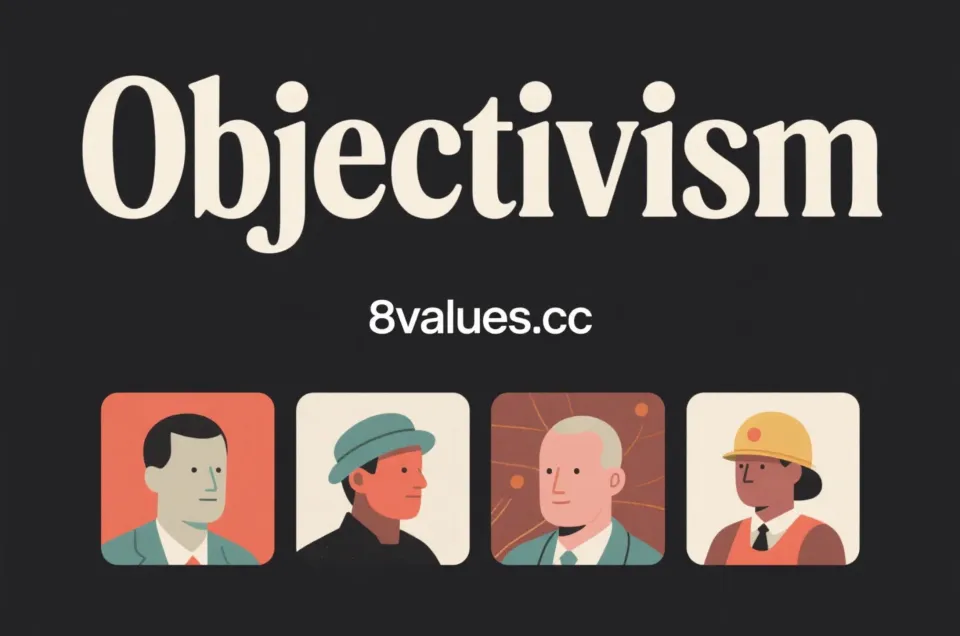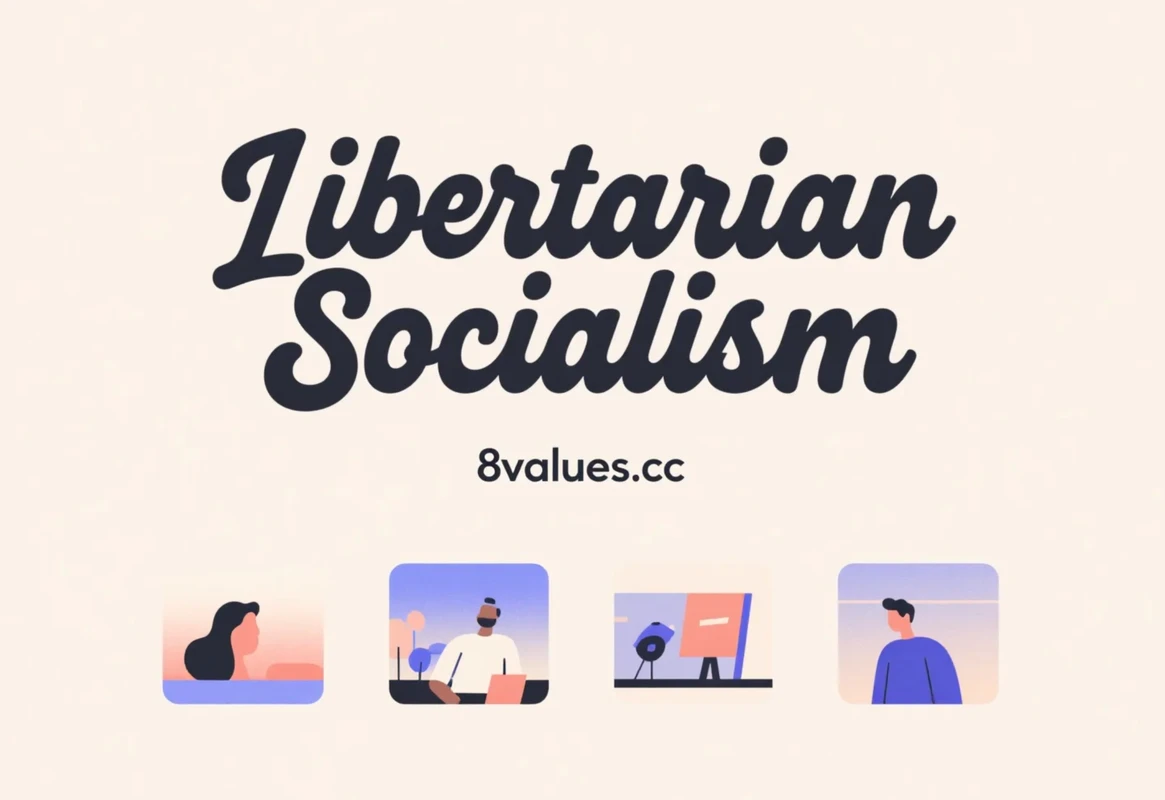27 accusations in the Declaration of Independence: The American Revolution’s tyranny accusation of King George III of Britain
In-depth interpretation of 27 specific accusations against King George III of the Declaration of Independence. Understand how the colonial people expose British tyranny and fight for the right to life, freedom and the right to pursue happiness based on the principle of "the ruled". Explore the profound impact of these accusations on modern political values and 8Values political ideology tests .
The Declaration of Independence is not only a statement by the thirteen North American colonies to declare independence from the Great Britain, but also a profound political philosophy document that clarifies the goals and core values of the new country. Historians call it "the greatest political document in human history."
This document was formally approved by the Second Continental Congress in Philadelphia on July 4, 1776. Although the official legal independence resolution (Lee Resolution) was adopted on July 2, July 4 was the date when Congress adopted the document that publicly explained its actions, thus becoming the American Independence Day.
When the colonial people decided to cut off their political ties with their mother country, they needed to "declare what would force them toward separation" for respect for human public opinion. The subject of this declaration is not the inspiring philosophical statements in the preface, but a long list of abuses and robbery charges against the current King George III of England, which is actually a "roughly a 28-count indictment" against British tyranny.
The basis for accusing British tyranny: a political philosophy of self-evident truth
Before describing specific complaints in detail, it is necessary to understand the philosophical foundation laid by the Declaration of Independence, which provides justification for overthrowing the old government. The preamble to the declaration states the universally accepted political truth:
" We believe that the following truths are self-evident: all are created equal, and the Creator gives them several unalienable rights, including the right to life, freedom and the pursuit of happiness ."
The declaration states that in order to safeguard these rights, people establish governments among them, and the legitimate power of government comes from the consent of the governed . Any form of government, as long as it undermines the above purpose, the people have the right to change or abolish it and establish a new government .
The colonies believed that while long established governments should not be changed for minor or short-term reasons, when a long train of abuses and robbery was unchanged, the people had the right and obligation to overthrow it when the "a long train of abuses and robbery" pursued the same goal, proving that the government was intended to place the people under absolute autocracy.
This definition of political philosophy and legal government is directly quoted from Enlightenment thinkers such as John Locke, and established the core political values that government power must be limited and must be based on the protection of individual rights and happiness. These values are still an important yardstick for measuring political stance today, and also reflect the individual's ideological tendency in dimensions such as freedom, authority, equality and progress discussed by tools such as 8values Political Values Prone Test .
27 specific complaints of the Declaration of Independence against George III (27 Grievances)
The accusation part of the Declaration of Independence is mainly directed at the current King George III of Great Britain , and uses "He" as the subject to accusations of his attempt to establish absolute tyranny. These accusations reflect the colonial's decade-long resistance to the British imperial reforms and the irreconcilable contradictions in the understanding of the colonies' status in the empire.
The following are the crimes listed in detail in the declaration, aiming to prove to the world that the colonial peoples are separated from Britain based on "necessity" :
Deprivation of legislative power and autonomy
- Refused Assent to Laws : He refuses to approve the most beneficial and necessary laws in the public interest.
- Forbidden Laws of immediate and pressing importance : He ordered the Governor not to approve urgent and crucial laws before obtaining the king's consent, and refuse to pay attention to them even if they are approved.
- Refused to pass laws : He refused to enact laws that are crucial to a large number of people unless those people are willing to give up their representation in the legislature.
- Called legislative bodies at unusual places : He convened legislative bodies to meet in places where abnormal, inconvenient or away from their public records, with the aim of keeping them running in order to obey his will.
- Dissolved Representative Houses : He repeatedly dissolved the colonial parliaments because they firmly opposed his violations of the rights of the people.
- Refusal to re-establish legislative powers : After the dissolution of the parliament, he long refused the people to re-election of representatives, resulting in the return of legislative power to the people, putting the colonies at the risk of foreign aggression and internal unrest.
- Endeavored to prevent the population : He tried his best to prevent the population from increasing the population in various states, to prevent the implementation of the Foreigners being naturalized, refused to approve other laws that encourage immigration, and to raise new conditions for distribution of land.
Abuse of judicial and military power
- Obstructed the Administration of Justice : He refused to approve the laws that establish judicial power.
- Made Judges dependent on his Will : He makes the term and salary of the judge completely determined by him to control the judicial trial.
- Establishing new institutions and harassing the people (Erected a multiitude of New Offices) : He set up a large number of new offices, sent a large number of officials to the colonies, harassing our people and exhausting people's property.
- Standing Armies without Consent : In peacetime, standing armies are stationed in colonies without the consent of our legislature.
- Rendered the Military independent of and superior to the Civil Power : He makes the army independent of civil power and overrides civil power.
Collusion with parliament and illegal legislation
George III was accused of "collusion with others"—inferior here referring to the British Parliament—to make the colonies obey a jurisdiction that "beyond the Constitution and without the recognition of the law." He approved the "various bills made by the parliamentary committee" including:
- Quartering large bodies of armed troops : stationing large troops among our people.
- Protecting them, by a mock Trial, from Punishment: Protecting them, by a mock Trial, from Punishment: Protecting them, by a mock Trial, from Punishment: Protecting them, by a mock Trial, from Punishment: Protecting them, by a mock Trial, from Punishment : Protecting them, by a mock Trial, from Punishment: Protecting them, by a mock Trial, from Punishment: Protecting them, by a mock Trial, from Punishment: Protecting them, by a mock Trial, from Punishment: Protecting them, by a mock Trial, from Punishment: Protecting them, by a mock Trial, from Punishment: Protecting them, by a mock Trial, from Punishment: Protecting them, by a mock Trial, from Punishment: Protecting them, by a
- Cutting off our Trade with all parts of the world : Cutting off our people's trade with other parties.
- Imposing Taxes on us without our Consent : Taxes are levied without our consent . (_This directly violates the basic principle of "no Taxation without Representation" in British constitutionalism._)
- Depriving us in many cases, of the benefits of Trial by Jury : Depriving our people of the right to be heard by a jury repeatedly.
- Transporting us beyond Seas to be tried for pretended offences : escorting our people overseas and being tried for pretended offences.
- Abolishing the free System of English Laws in a neighboring province : Abolishing the free system of English Laws in a neighboring province (Quebec), establishing an authoritarian government in it, and expanding its territory as a model and cheap means to promote the same authoritarian rule in various colonies.
- Taking away our Charters, abolishing our most valuable Laws, and altering fundamentally the Forms of our Governments : Taking away our Charters, abolishing our most valuable Laws, and fundamentally changing our government system.
- Suspending our own Legislatures : interrupt my legislative function and claim that they have the right to legislate for all matters of my life.
War Crimes and Incitement
- Abdicated Government here… and waging War against us : He abandoned the government here and declared that our people were not under his protection and imposed heavy burdens on our people.
- Plundered our seas, ravaged our Coasts, burn our towns, and destroyed the lives of our people: He plundered our seas, trampled on the coast, burned towns, and destroyed the lives of our people.
- Hiring foreign mercenaries : He was transporting a large number of foreign mercenaries (such as Hessian mercenaries) to slaughter, ravage, and act recklessly. The cruel and despicable methods were "almost the same as the most barbaric era." As the head of a civilized country, he was completely out of character.
- Constrained our fellow Citizens taken Captive… to bear Arms against their Country : He forced his captives to capture our people on the high seas and armed them to be detrimental to his mother country, and forced them to become executioners of relatives and friends, or victims.
- Excited domestic Insurrections amongst us : He incited civil unrest among our people.
- Using Indians to attack the frontiers (endeavoured to bring on the inhabitants of our frontiers, the merciless Indian Savages) : He aimed at the people who expanded their territory; as we all know, the combat rules of the uncivilized Indian savages are to kill regardless of gender, age and young.
Colonial condemnation of British compatriots
After listing all the accusations against King George III of England, the declaration also contains a condemnation of the British people , which emphasizes that the colonies had tried their best to communicate with their "compatriots" before seeking independence, but all failed.
The colonial representatives pointed out that they were not without concern for the "British brethren" and had repeatedly warned their legislatures to attempt to impose "unreasonable jurisdiction." They called on their British compatriots to "born sense of justice and chivalrousness" and begged them to abandon these plundering acts in the same way as the same text and species.
However, the British people have "always turned a deaf ear to this call from justice and blood". Therefore, the colonial people "had to declare their separation from them" and decided to treat them the same attitude as other nations in the world: "In wartime, they are enemies, and in peacetime they are friends."
Solemn declaration: the birth of freedom and independence
After the detailed listing and explanation of these accusations, the conclusion section of the Declaration of Independence formally declared the political break in the colonies.
The declaration concluded that in the face of such long-term oppression and harm, the colonies had to declare their separation in accordance with the "necessity" after experiencing "humble terms" but only received "repeated harm".
"We, therefore, as representatives of the United States of America, gathered under the Continental Conference, call for our legitimate intentions the highest justice of the world: in the name of the good people of the colonies and by their authorization, we declare with great solemnity that these United colonies have since become, and justifiedly, free and independent nations. They have lifted all obligations to be loyal to the British royal family, and all political relations between them and the British nations have been cut off from now on, and must be cut off. As free and independent nations, they have full authority to declare war, peace, alliance, trade and take all actions and matters that independent nations should take and deal with."
Finally, the signatories promised each other with the most solemn oath to support the unanimous Declaration of the thirteen United States of America :
"To strengthen this declaration, with a deep faith in God's blessing, we are pleased to assure each other and take a oath together with our life, wealth and divine honor."
Finally, a total of 56 representatives signed the document. Although the Continental Congress adopted and printed the Declaration (Dunlap broadside) on 4 July, most representatives signed the formal copy on 2 August 1776 . John Hancock is best known for his heroic signature.
The Declaration of Independence and the Political Heritage
The importance of the accusation part gradually faded in the first few decades after the Declaration of Independence, but the preface about "all men are born equal" and "inalienable rights" became the most engaging language in American political philosophy.
Political promotion to the United States
- Abolitionist Movement and Lincoln's Interpretation: When the Manifesto was published, its slogan of "Everyone is born equal" contrasted with the widespread slavery in the United States. Thomas Jefferson had condemned the slave trade as a "brutal war" imposed by George III, but the passage was removed due to opposition from representatives of the South and North. However, in the 19th century, abolitionists such as Abraham Lincoln regarded the Declaration of Independence as a guide to American moral standards . Lincoln firmly believed that "everyone is born equal" is a universal principle and set the highest moral standard that is constantly pursued for a free society.
- The banner of the social rights movement: As the US Constitution and the Bill of Rights lack such generalized statements of equality, later social activists turned to the Declaration of Independence for moral support. For example, in 1848, women’s rights advocates drafted the Declaration on Women’s Rights at the Seneca Falls Convention, declaring that “all men are born equal to women .”
- Civil Rights and Equality: In the 20th century, Martin Luther King Jr. directly quoted the creed of the Declaration of Independence in his famous I Have a Dream speech, calling on the state to fulfill its commitment to equality for all citizens. Harvey Milk, an activist of the LGBTQ+ rights movement, also quoted the declaration to emphasize that the inalienable rights apply to all.
Conclusion: Revelation to modern political ideology
The core idea of the Declaration of Independence, namely opposing absolute autocratic rule and insisting that government power comes from the consent of the ruled , remains the cornerstone of modern political thought. The colonial people set an example for the later democratic revolution by listing 27 complaints against George III in detail.
These historical events profoundly reveal the balance between political power and personal freedom , which is also the core issue of today's discussion of political values. To understand your tendency to these basic principles and explore your political values, you can try to conduct an 8values political values tendency test to gain a deeper understanding of your ideological positioning in multiple dimensions such as authority, freedom, equality and centralization, and examine its connection with modern ideology in accordance with the founding principles reflected in the declaration. You can also view the detailed introduction to the website on other political tests and 8values all results ideology .
